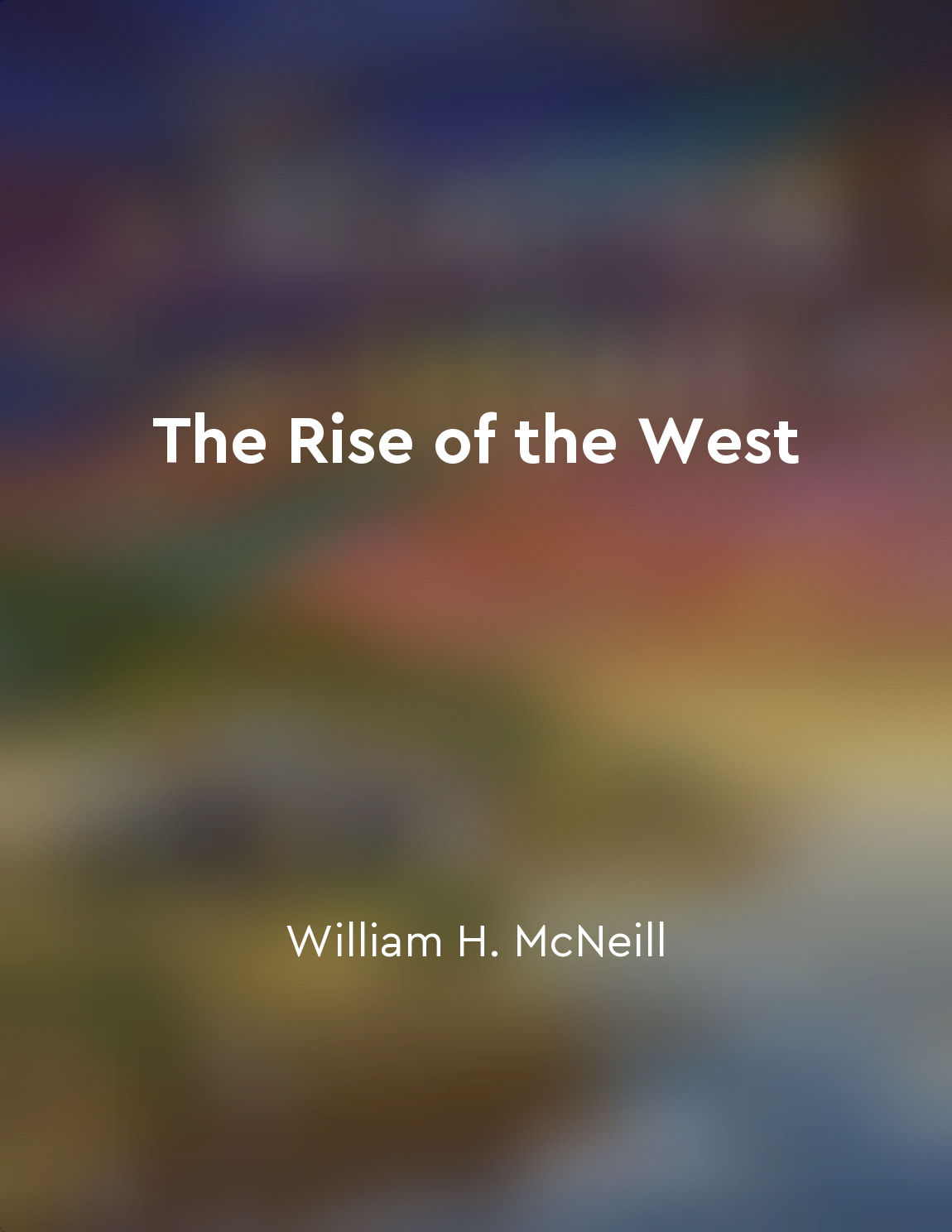Diseases have shaped human history from "summary" of An Unnatural History of Emerging Infections by Ron Barrett,George Armelagos (the late)
Throughout history, diseases have played a significant role in shaping the course of human civilization. From the Black Death in the 14th century to the Spanish flu pandemic of 1918, infectious diseases have had a profound impact on population dynamics, social structures, and cultural practices. These epidemics have not only caused widespread death and suffering but have also influenced political decisions, economic systems, and technological advancements. The spread of infectious diseases has often been linked to human activities such as trade, warfare, and urbanization. As people migrated and interacted with each other, they inadvertently introduced new pathogens to different regions, leading to devastating outbreaks. The conquests of empires, the colonization of new territories, and the slave trade all contributed to the dissemination of infectious diseases on a global scale, fundamentally altering the demographic landscape of the world. Moreover, the response to disease outbreaks has shaped the development of public health policies, medical practices, and scientific research. The establishment of quarantine measures, vaccination programs, and antibiotic treatments has been crucial in controlling the spread of infectious diseases and preventing future pandemics. The study of epidemiology, microbiology, and immunology has provided valuable insights into the nature of pathogens and the mechanisms of disease transmission, enabling healthcare professionals to better understand and combat emerging infections. In addition, diseases have had profound social and cultural implications, influencing beliefs, rituals, and traditions. Epidemics have sparked religious fervor, political unrest, and moral panics, leading to the persecution of marginalized groups and the scapegoating of individuals. The fear of contagion has shaped social norms, architectural designs, and urban planning, influencing the way people interact with each other and their environment.- The history of emerging infections is a testament to the complex interplay between humans and pathogens, highlighting the resilience of the human species in the face of adversity. By studying the impact of diseases on human history, we can gain a deeper understanding of the challenges posed by infectious agents and the importance of preparedness, cooperation, and innovation in combating future health crises.
Similar Posts
Social norms regulate behavior within societies
Social norms are unwritten rules that govern behavior within societies. These norms dictate what is considered acceptable or un...

Social structures evolve with technological advancements
The interplay between technology and social structures has been an enduring theme in human history. Technological advancements ...
Environmental sustainability and human health
The intertwined relationship between environmental sustainability and human health in the ancient world was a critical determin...
Economic disparities persist along the routes
The Silk Roads were not simply a network of roads connecting various regions; they were a complex web of trade routes that link...

